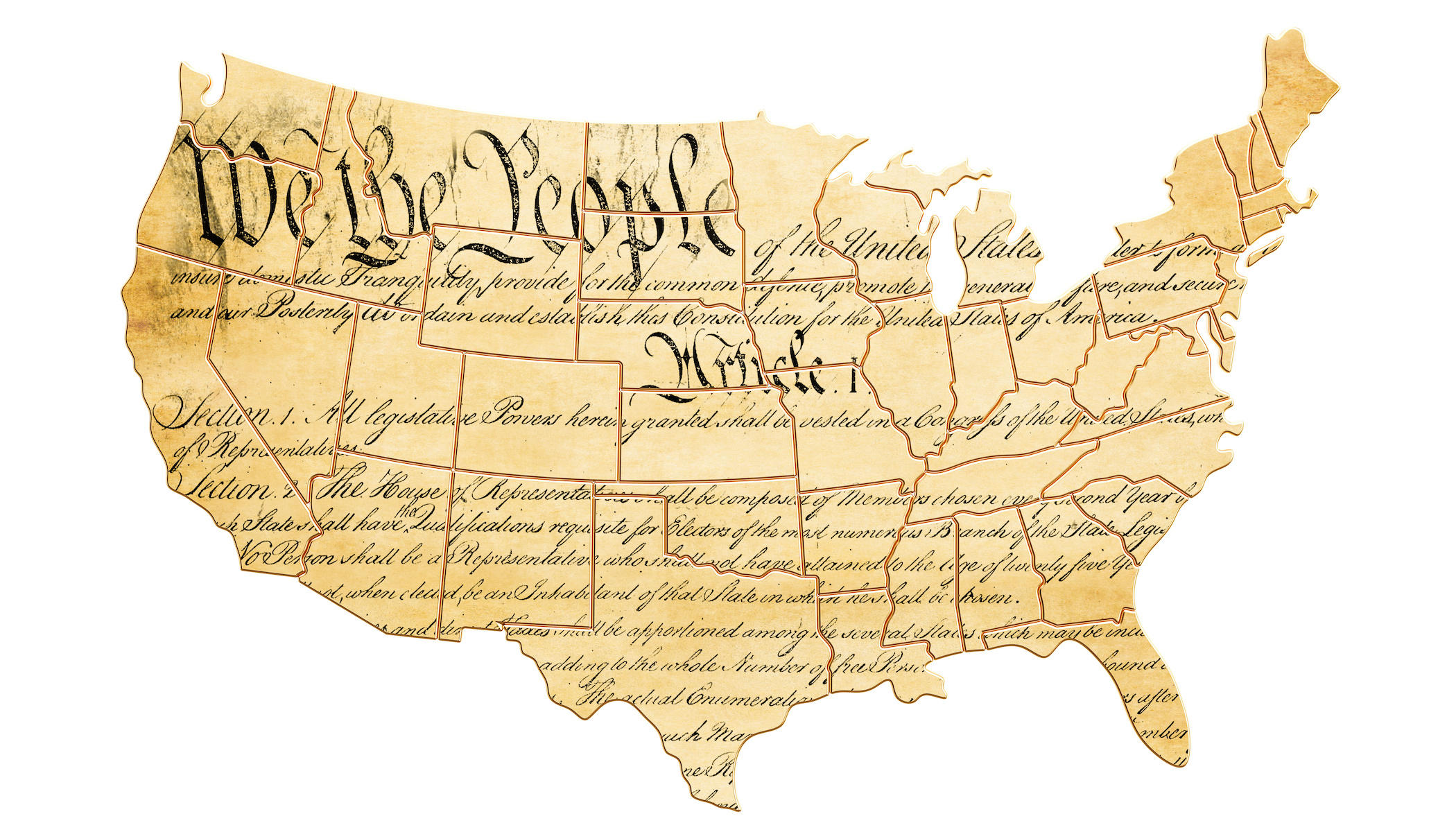The United States was established strengthening the rights of individuals. America's independence began with the initiation of acts and laws that protect your rights. Some laws have been amended to keep up with the change of ideas and beliefs. Every states constitutional law is diverse, unique and may offer supplementary essential rights. The United States Constitution overrides every state constitution and any law that contradicts it is prohibited. To know your constitutional rights is to effectively defend yourself in any state of America.The subsequent resources are significant provisions of federal documents, the United States Constitution, and state constitutions.
Federal Documents
- The United States Constitution- View the Constitution in its entirety along with images of the four original pages of the Constitution.
- The Declaration of Independence- The Library of Congress copy of the Declaration enacted in Congress on July 4, 1776.
- The Bill of Rights- A record of the 1791 Bill of Rights.
- The Federalist Papers-Text of the 85 essays that make up the Federalist Papers that were written between 1787 and 1788.
- Voting Rights Act- Explains the history before the act, transcript of the act,and the effects of the Voting Act.
State Constitutions
- Alabama
- Alaska
- Arizona
- Arkansas
- California
- Colorado
- Connecticut
- Delaware
- Florida
- Georgia
- Hawaii
- Idaho
- Illinois
- Indiana
- Iowa
- Kansas
- Kentucky
- Louisiana
- Maine
- Maryland
- Massachusetts
- Michigan
- Minnesota
- Mississippi
- Missouri
- Montana
- Nebraska
- Nevada
- New Hampshire
- New Jersey
- New Mexico
- New York
- North Carolina
- North Dakota
- Ohio
- Oklahoma
- Oregon
- Pennsylvania
- Rhode Island
- South Carolina
- South Dakota
- Tennessee
- Texas
- Utah
- Vermont
- Virginia
- Washington
- West Virginia
- Wisconsin
- Wyoming
("Legal information found on this page does not constitute legal advice.")

